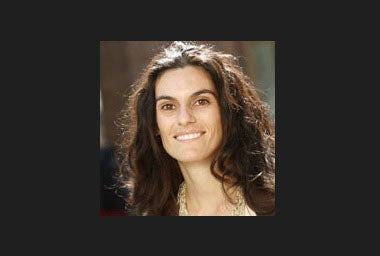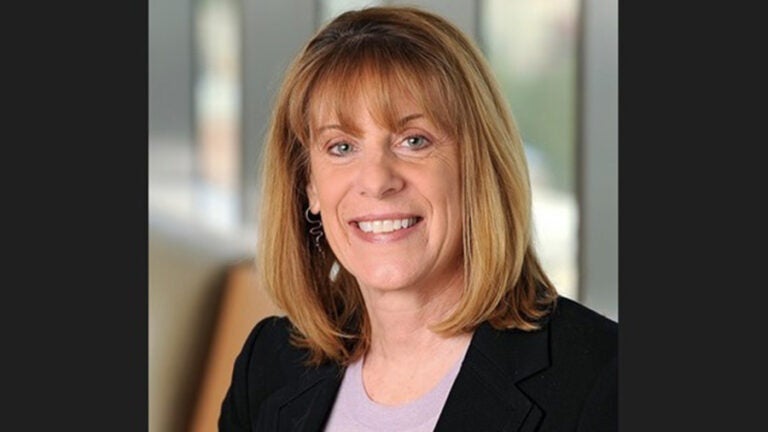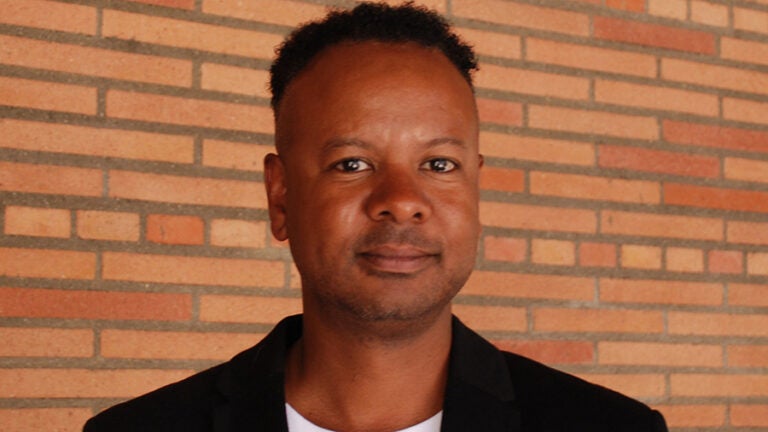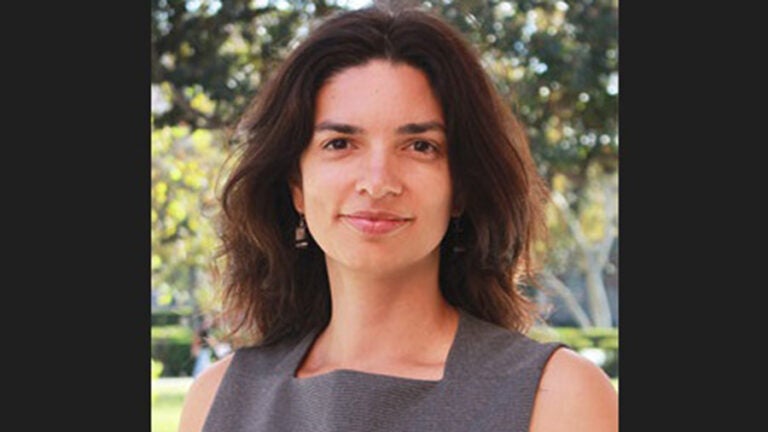CALIS Staff
CALIS outreach is driven by a team of student staff guided by Teresa Hudock, founding director.
Program Coordinators
Spring 2026
Aisha Aisha, Class of 2027
Jack Chesman, Class of 2029
Kendal Graham, Class of 2028
Sophia Huddleston, Class of 2029
Senior Staff
Marissa Yeh, Class of 2026
Pranavi Senthil, Class of 2026
Leo Yang, Class of 2026
ExP Mentor
Sophia Lipinski, Class of 2026

Founders
Teresa Hudock, Director, CALIS
▪ In 2000, Teresa was invited to establish CALIS as a state resource center, dedicated to supporting Los Angeles area teachers.
Steven Lamy, Professor Emeritus of International Relations
▪ In the 90s, Steve established the Teaching International Relations Program—TIRP for undergraduate service-learning.
In 2005, CALIS and TIRP received national recognition for innovative development of analytical tools and outreach to schools
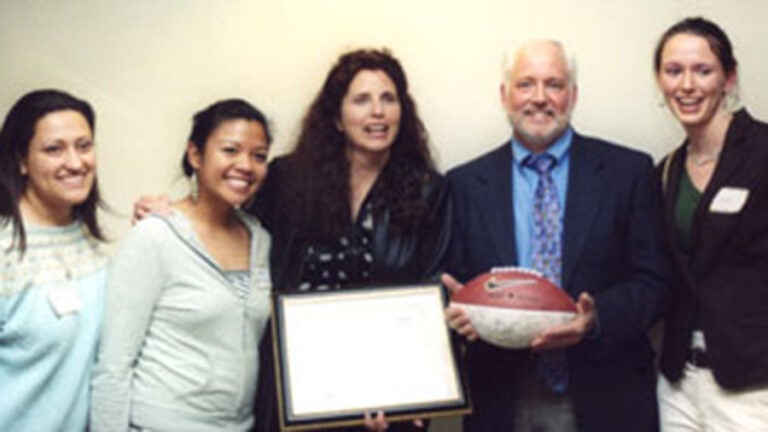
CALIS Faculty Advisors
In honor of former IR student Harold Kachigian, CALIS dedicates the Kachigian family endowment to fund undergraduate research assistants (RAs).
Serving as CALIS Faculty Advisors, Dornsife Professors of International Relations select students who demonstrate exceptional skills and commitment to academic research. Faculty Advisors are staunch supporters of the Teaching International Relations Program—TIRP, and their RAs participate every semester in team-teaching at local high schools. Their research includes updating and developing TIRP materials.
These unique RA positions expand opportunities for faculty mentorship and further support undergrads as the driving force behind CALIS outreach growth and impact. The blend of research and service-learning reflects USC traditions of engagement and socially relevant scholarship, and sustain the legacy of inquiry and action that Harold Kachigian inspires.
Associate Professor (Teaching) of International Relations
Research Field: Political economy and public policy with a focus on the interaction of formal and informal institutions with implications for private sector development, governance, and corruption.
Research Topic: corruption, populism, and social capital in post-communist countries
* What is the link between social capital and populism in post-communist Eastern European countries?
Associate Professor (Teaching) of International Relations and Environmental Studies
Research Field: Global Public Health, Environmental Politics, Social and Climate Justice, Social Movements
Research Topic: Teaching the Politics of Pandemics through Simulations
* How can we construct an effective and meaningful simulation in an undergraduate classroom setting that explores the legal, political, and economic aspects of international response to global infectious disease outbreaks?
Professor of the Practice of Political Science and International Relations and Director of the U.S.-Mexico Network
Research Field: Political Economy with a focus on Mexican politics, economic policy, security affairs, and foreign policy, U.S.-Mexico relations, and economic policy-making in Latin America.
Research Topics: COVID-19, the Mexican economy, women’s security in Mexico
* What was the Mexican economic response to the COVID-19 pandemic?
* What was the impact of the COVID-19 pandemic on domestic violence in Mexico?
Previous CALIS Faculty Advisors
Many thanks to professors who previously supported CALIS as our Faculty Advisors.
Associate Professor of the Practice of International Relations and Director of the USC Dornsife Washington, DC Program
Research Field: American foreign policy, diplomacy, and international security, particularly the proliferation of weapons of mass destruction.
Research Topic: Contemporary U.S. Diplomacy Theory
* Why did it take the U.S. 16 years to recognize the Soviet Union?
Professor (Teaching) of International Relations
Research Field: International security with a focus on multilateral nuclear nonproliferation and counter-proliferation policies, political economy and democratization in post-Communist Europe, NATO and European Union expansion, governance of international finance, race in international relations, nuclear proliferation on the Indian subcontinent, and international relations pedagogy and data literacy.
Research Topics: cryptocurrency; critical race theory
* To what degree are there similarities/differences in regulatory responses to cryptocurrencies in different state jurisdictions?
* To what degree does the characterization of Native Americans as savages vary or change over time in the first century of the United States?
